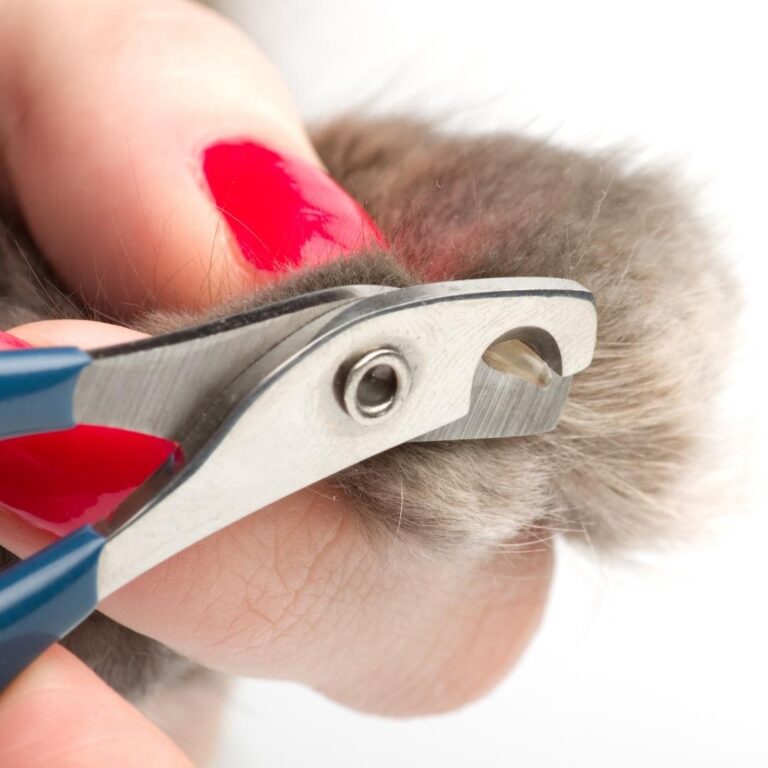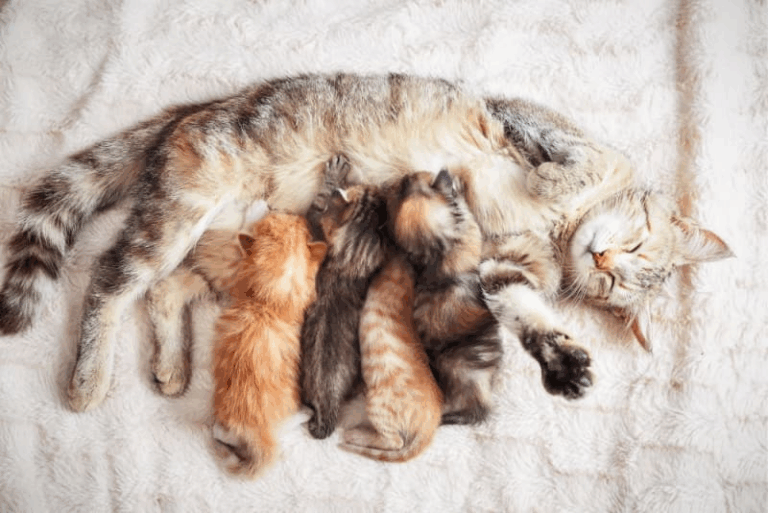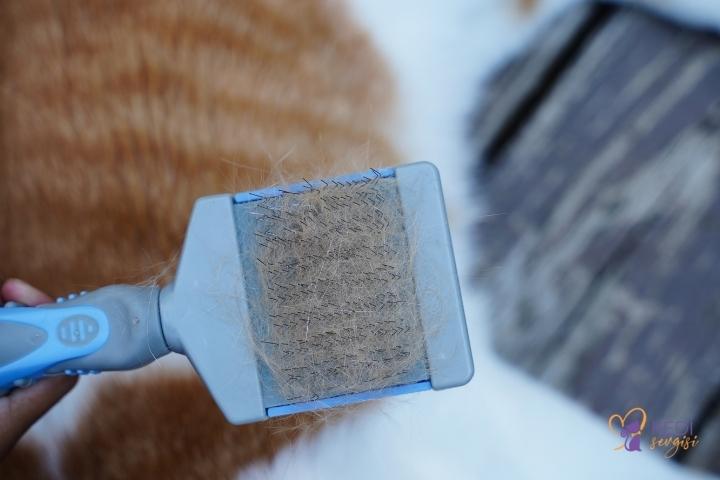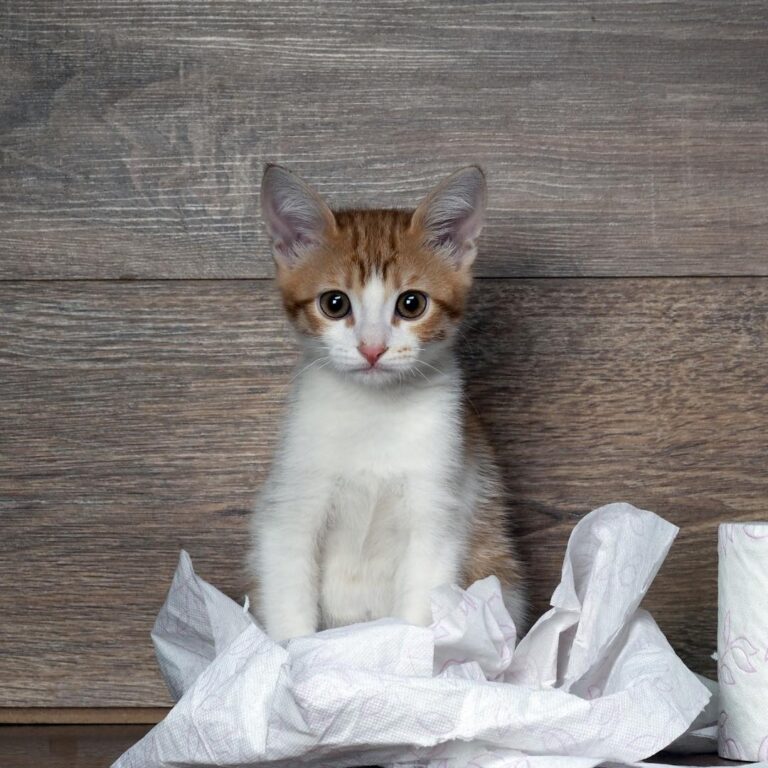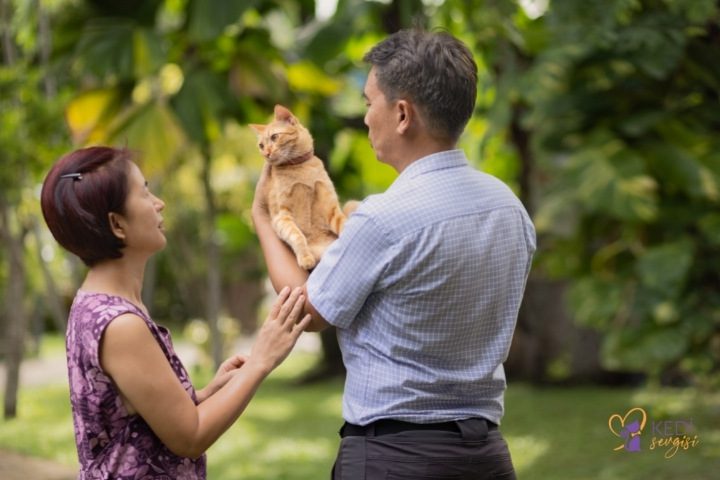KITTEN ADOPTION AND CARE

Before you adopt a kitten, you need to take a few important steps to ensure it grows up healthy. Here are some health checks and care tips for kittens:

Veterinary Checkups: Regular veterinary check-ups are important for the health of kittens. The first examination should take place when the kitten is between 6 and 8 weeks old. This will check for vaccinations, parasites and general health. Subsequent check-ups should also be carried out at regular intervals. Nutrition: To feed a healthy kitten, use a high-quality cat food. Kittens need protein, fat and vitamins. Give the amount of food specified by the manufacturer and adjust if necessary according to the kitten’s weight. It is also important that fresh water is always available.

Exercise Kittens have high energy and need exercise. Let the kitten burn off energy by playing games and taking care of toys. Parasite Control: Parasites are common in kittens. Use a suitable product to control internal and external parasites. Protect your cat’s health by using the medication recommended by your veterinarian. Toilet Training: Toilet training is important for kittens. Give them a suitable litter box and make sure it is cleaned frequently. Monitor your kitten’s toilet habits and guide them to the litter box at toilet time. Adopting a kitten is a big responsibility. However, with the right care, you can give these sweet creatures a happy and healthy life. Following the health checks and care tips mentioned above will help your kitten lead a happy and healthy life.
VETERINARY CHECK-UP OF YOUR KITTEN
After the birth of the kitten, the first veterinary examination should take place within two to three weeks. During this examination, the vet will physically examine the kitten, checking that all body systems are functioning normally, including weight, height, ears, eyes, mouth and teeth. Subsequent check-ups can be done once a month or every six to twelve weeks, depending on the kitten’s growth. These checks are very important to keep track of the kittens’ growth rates and to detect and treat any health problems early.
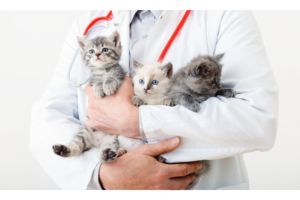
Kitten Vaccination Schedule
Kittens have a weak immune system and therefore little protection against infections. Therefore, kittens need to receive appropriate vaccinations. Below are some of the vaccines a kitten should receive and when they should be given: FVRCP vaccine: This vaccine protects against three different diseases: panleukopenia, herpes and calicivirus. The first dose is given when the kitten is 6 to 8 weeks old, followed by a second dose two to four weeks later. It is then recommended to be repeated once a year. Rabies vaccine: Because rabies is a serious infection, this vaccine is legally mandatory. The first dose must be given at least 12 weeks of age and then renewed annually.

FElV vaccine This vaccine protects against the feline leukemia virus. FelV is an infectious disease and is common among cats. The first dose is given with kittens at 9 to 12 weeks of age, followed by a second dose two to four weeks later. It is then recommended to repeat once a year. In conclusion, it is important to follow the kitten’s veterinary check-ups and vaccination schedule to ensure their healthy growth. These check-ups allow the vet to consult about any health problems that can be detected early. In addition, vaccinations protect kittens against infections and are therefore important for your kitten’s health. Previous Article: Is Cat Hair Harmful

